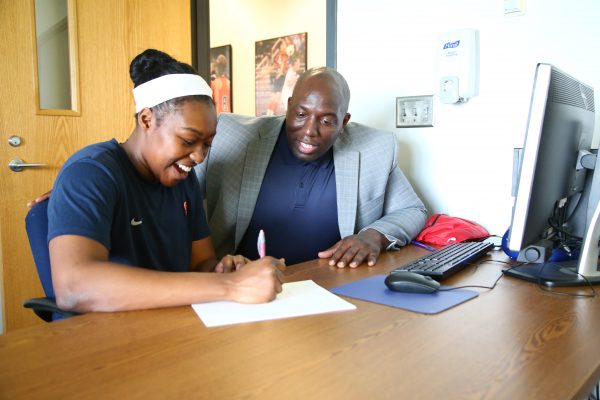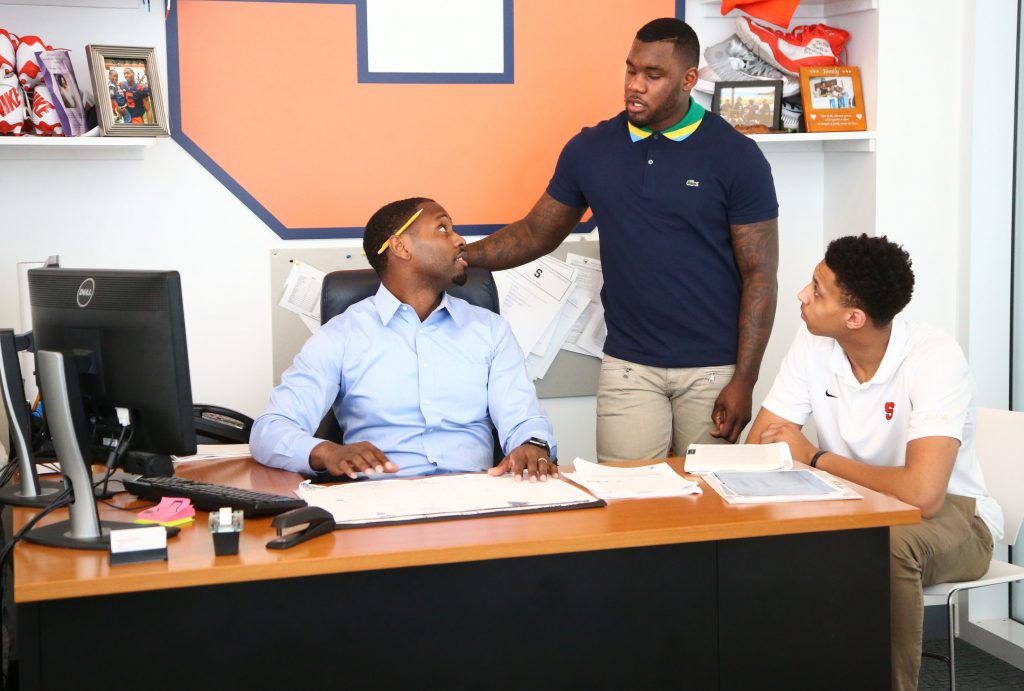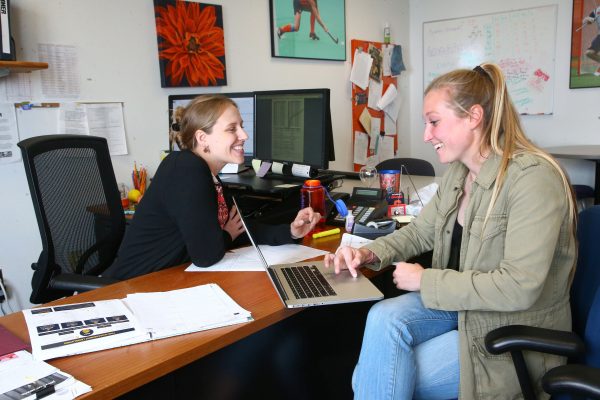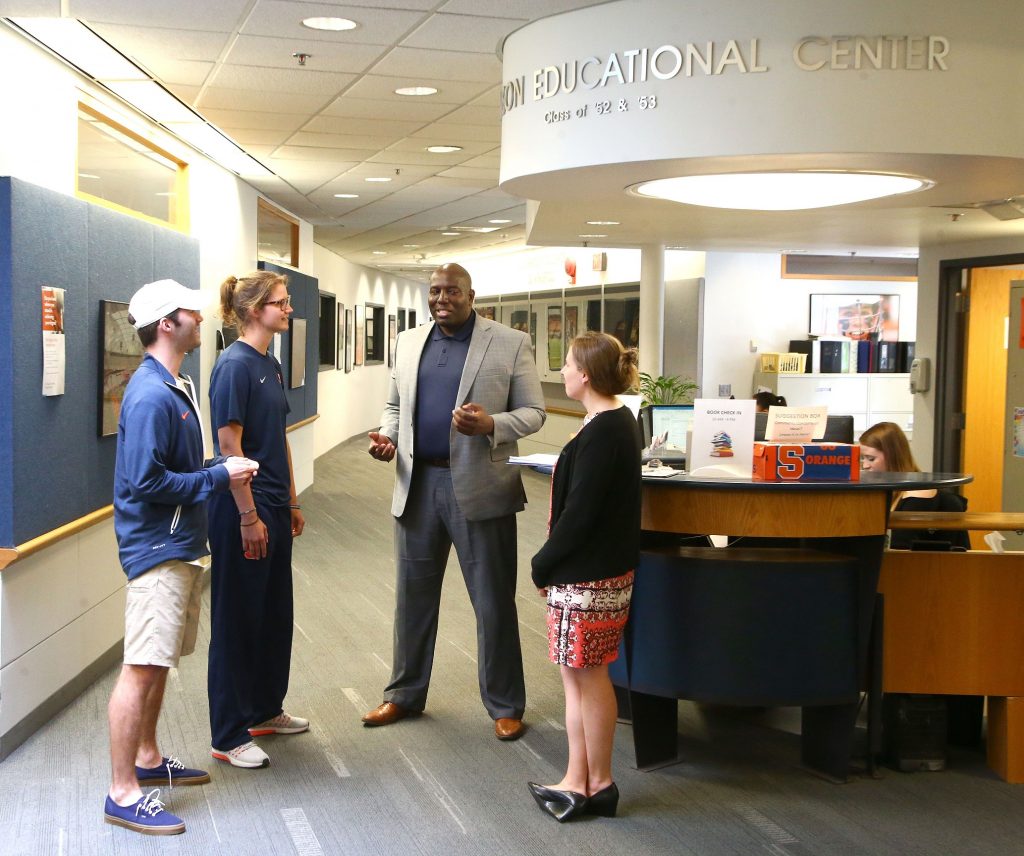Heartfelt Gift Recognizes Accomplished Alumna and 3 Generations of Orange
William Pelton and Mary Jane Massie have created the Barringer Pelton Public Service Graduate Scholarship to honor their niece, Jody Barringer ’95, L’98, G’08 (M.P.A.), and support future public servants. After working for a few years as an attorney focused…


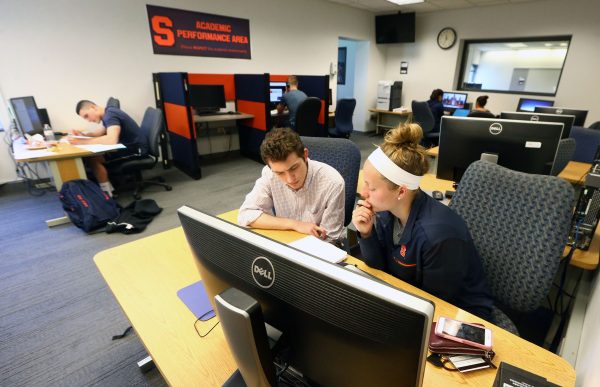
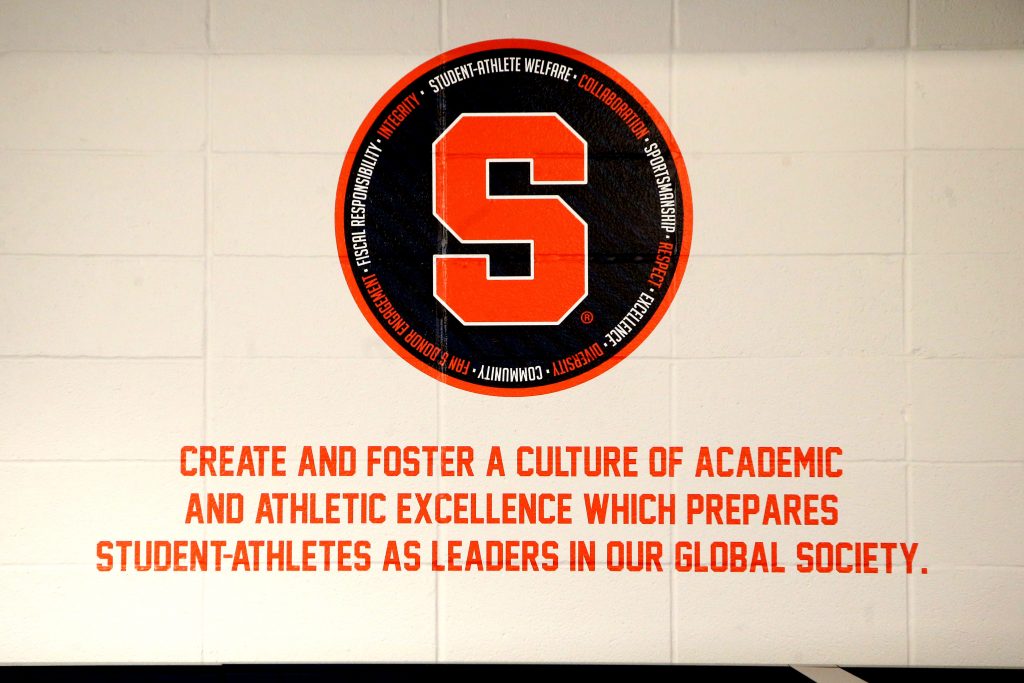 Their hard work and discipline—and that of their fellow student-athletes—in the classroom and on the playing fields and courts have led to impressive academic success as reflected in the University’s Academic Progress Rate (APR) announced today by the NCAA.
Their hard work and discipline—and that of their fellow student-athletes—in the classroom and on the playing fields and courts have led to impressive academic success as reflected in the University’s Academic Progress Rate (APR) announced today by the NCAA.